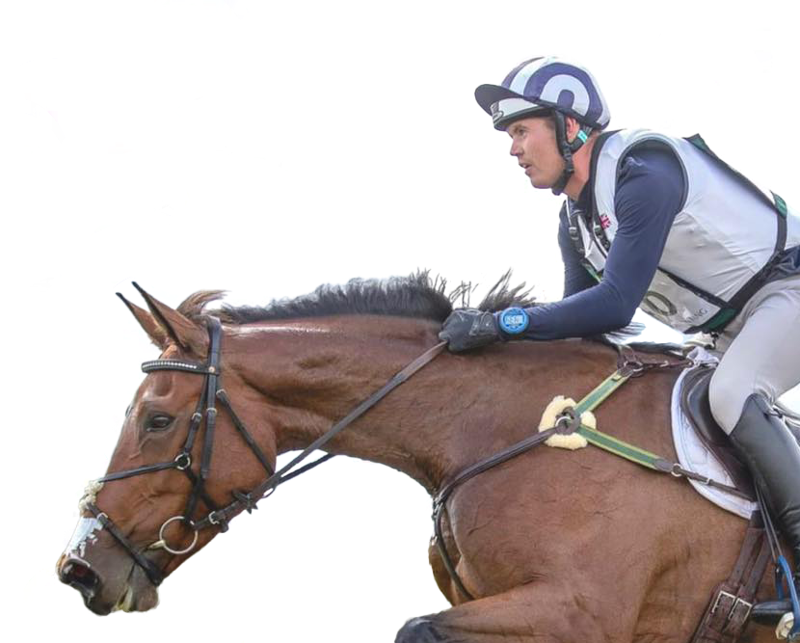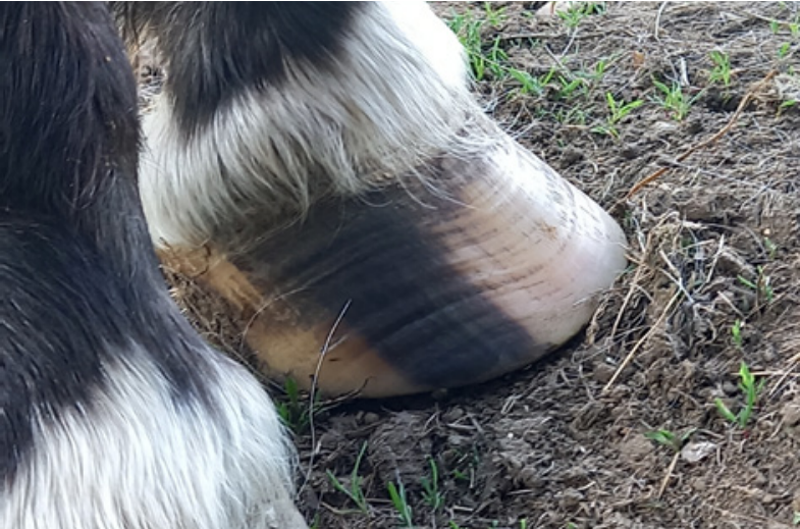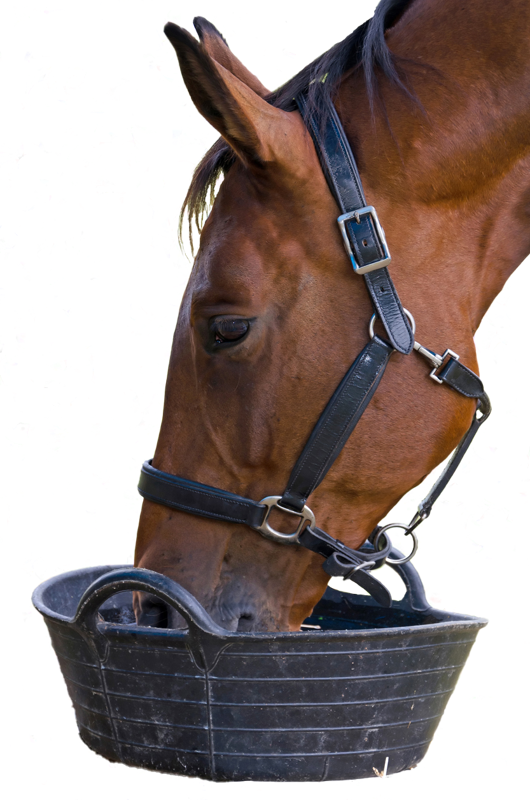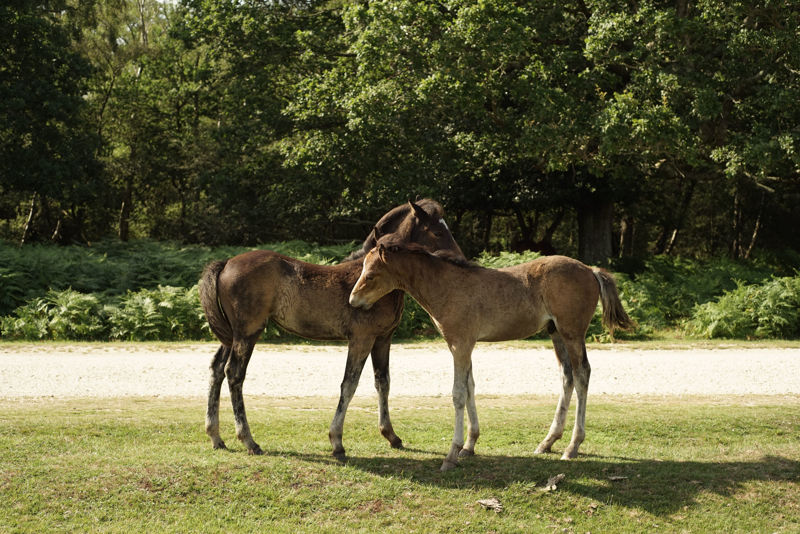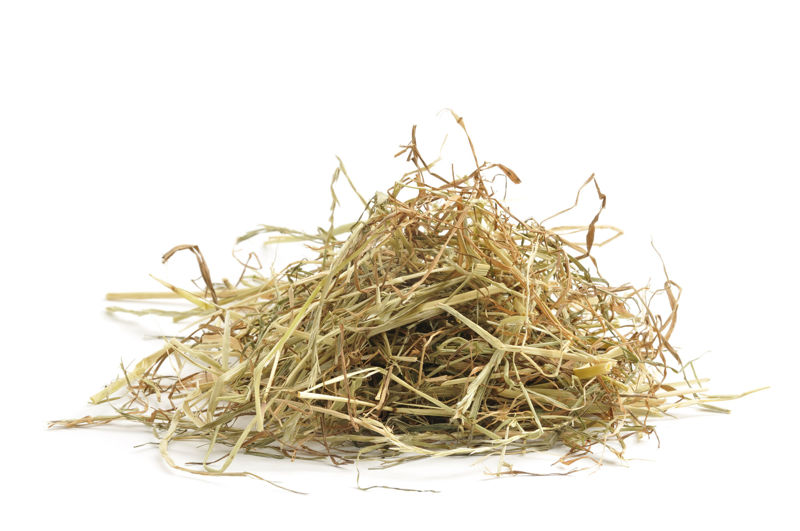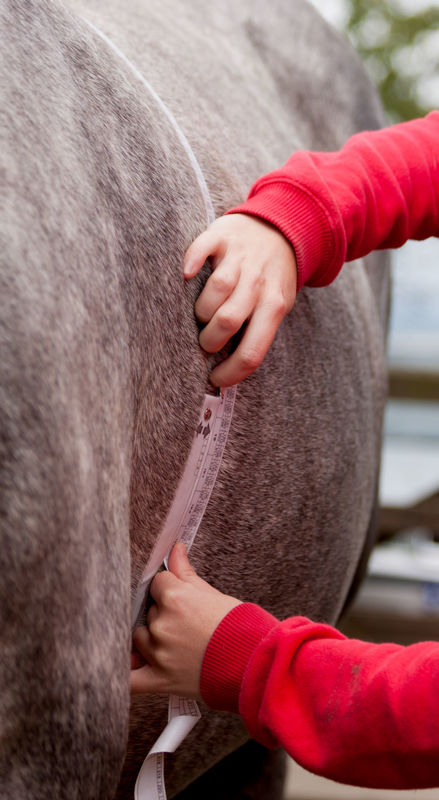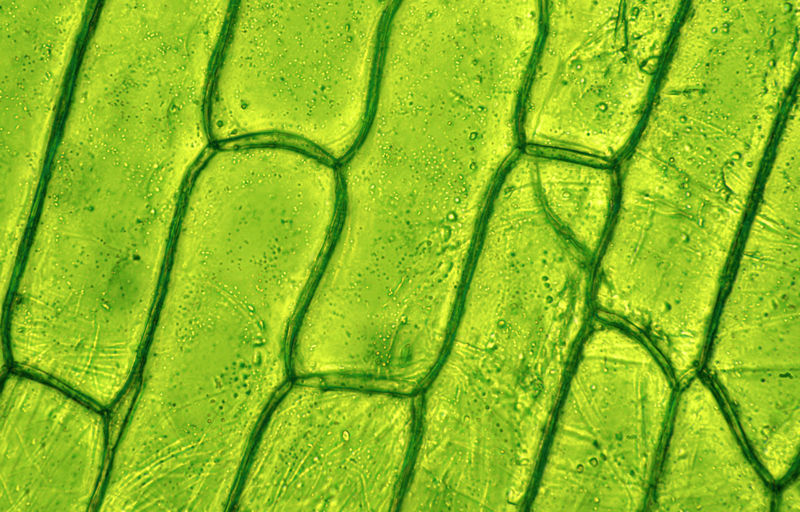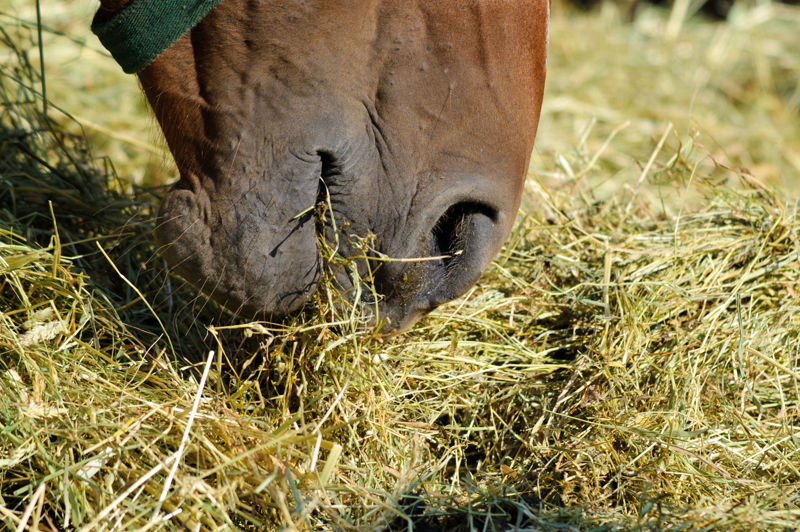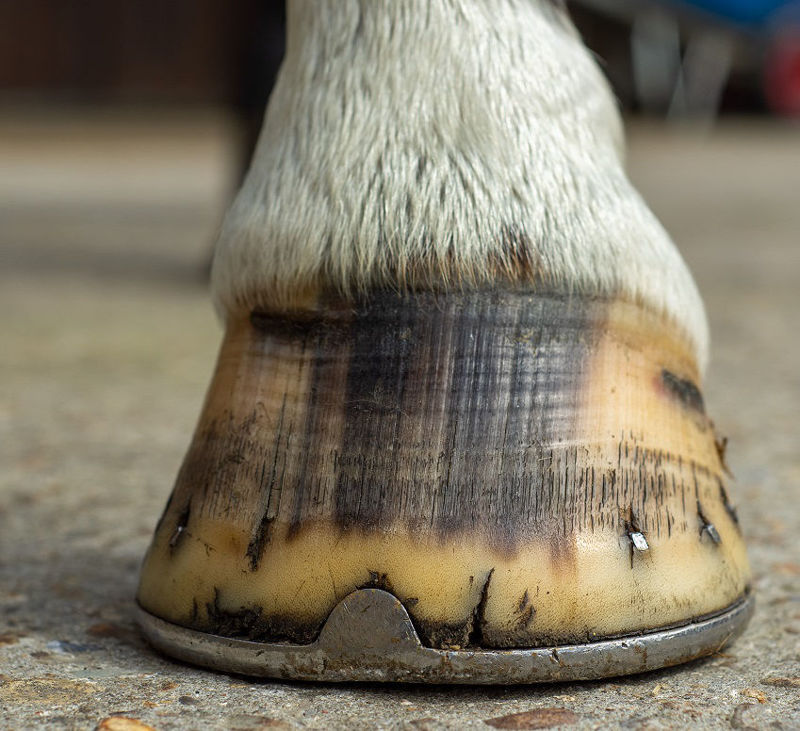In the third part of our series on how to feed better for less™, Dr. Stephanie Wood considers forage diets for performance horses and how best to supply additional sources of energy and nutrients
Anouk Frieling, Feedmark’s Senior Nutritionist, outlines the different energy pathways and dietary options for supporting optimum performance and it's relevance to horses with greater exercise demands.
Laminitis is now considered to be a syndrome associated with systemic disease (sepsis or endocrine disease) or altered weight bearing rather than being a disease itself. Nicola Menzies-Gow takes an in-depth look into laminitis...
In the second part of our series on how to feed better for less™, Dr. Wood explains how to balance your horse's diet in the most cost effective way.
Feedmark Nutritionist, Abigail Malone, reviews the nutritional requirements of growing foals from weaning to twelve months.
Dr. Stephanie Wood, PhD Equine Nutrition, PgDip, BSc (Hons), RNutr (Animal), R.Anim.Tech, investigates a holistic approach to supporting your horse’s mobility.
Professor Murray and Dr. Daniels explore the different types of forage available, helping you to choose the best option for your horse this winter.
Dr. Stephanie Wood investigates the ways in which you can manage your horse's grass intake...
As horse managers we are aware that time at grass is important for our equine companions. Dr. Simon Daniels explores what is the real nutrient content of grass for horses.
Your horse’s gut plays such an important role in maintaining health and wellbeing. Professor Jo-Anne Murray, discusses your horse's gastrointestinal structure and function...
Abilgail Malone, Feedmark's Nutritionist, investigates what your horse needs from his diet for optimum hoof health.
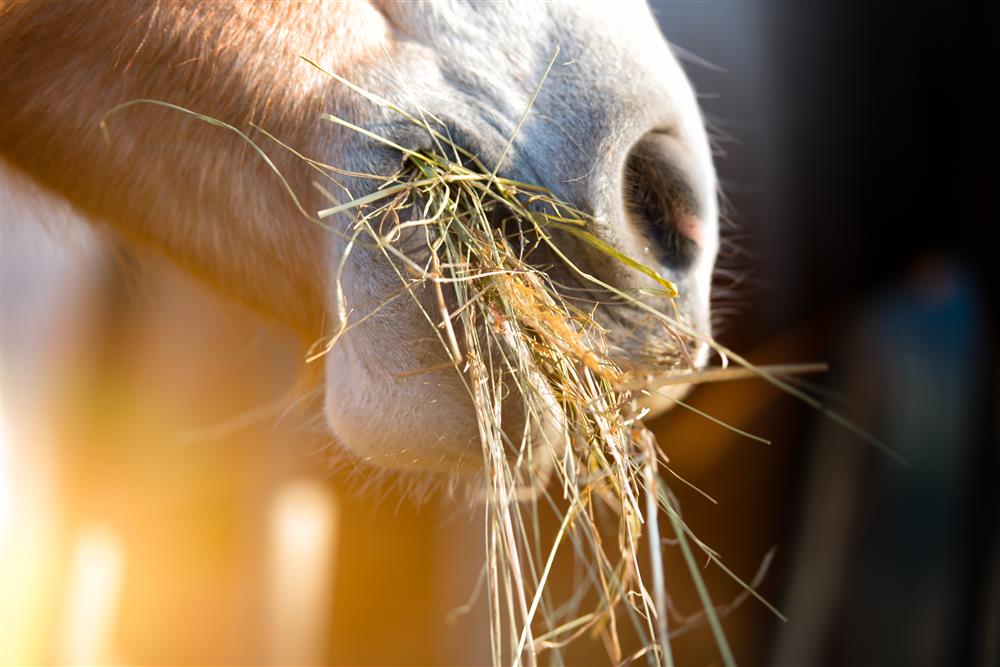
The equine digestive system is complex. Our Senior Nutritionist, Abbie, looks deeper into the different parts of this system and explains how it functions to allow our horses to digest feed...


